For seniors, a house is not a home...unless... Providing safe, efficient and accessible housing - by Kaplan
As a developer of affordable senior housing in N.Y., I recognize the importance and need to provide safe, efficient and accessible housing for our city’s low income elders. There are almost 4,000 people on Selfhelp Community Services’ wait list for senior housing and a waiting period of up to 11 years – with the numbers even greater city-wide. I commend mayor deBlasio for his Housing N.Y. plan, which would allow organizations like Selfhelp to more easily develop senior affordable housing and meet this extraordinary and growing need.
At the same time, bricks and mortar alone do not provide the reassuring environment our elders so richly deserve as their golden years advance. As individual needs arise, the importance of social services, technology, wellness programs and other supports are essential, to make a house a home. The availability of these additions to the daily living experience, if and when they are needed, can make the life-changing difference – living at home or entering an institution. They deserve, no we owe it to those who cared for us, to make housing with services the model of senior affordable housing for our time. Based upon Selfhelp’s extensive experience and work to develop and expand our housing with services model, we have identified three major components: 1) Co-located services, 2) technology, and 3) blended social care and health care.
Co-location of Services
Co-location refers to having services in close proximity and readily accessible to affordable housing tenants. This has proven to be a tremendous asset for health care providers, insurers, hospitals and most importantly, seniors themselves. It’s all about the access. This can include high caliber primary care centers (such as the Charles B. Wang Health Center in our newest senior residential complex in Queens), innovative senior centers, multi-lingual wellness classes and more. Many buildings now offer streamlined patient transportation and medical data retrieval to/from hospitals or specialists, preventive health checkups, nutrition classes and even healthy home delivered meal options. Co-locating such services not only serves the residents of the building but members in the surrounding neighborhood as well, creating a multi-organizational community to the benefit of all.
Transformative Technology
Technology is revolutionizing senior housing in dramatic ways. One of our most popular and life-changing technological innovations is the Virtual Senior Center, offering a wide variety of high quality, live, interactive classes with extremely easy-to-use technology for isolated seniors in the comfort of their living room. Originally developed as a collaboration by NYC’s Dept. for the Aging, Microsoft and Selfhelp, homebound seniors take part in sessions led by the Museum of Modern Art, musicians from the N.Y. Philharmonic, chefs, yoga instructors, playwrights, etc., streamed from teaching hubs in NYC, Queens, Chicago, Baltimore, and more. Participants are engaged, alert, and connected. Everyday life is enriched as many of the deleterious effects of isolation are reduced. We’re set for expansion in 2016, including a partnership in Pittsburgh.
A set of technology services in select locations offer sensor monitoring of Activities of Daily Life, (ADLs) to promote health and safety; telemedicine and personalized wellness programs, WiFi, Skype-enabled health care management tools for the resident and health care professionals alike, and wellness kiosks in common areas, all contribute to tech savvy senior housing.
Blended Social Care and Health Care
Case management, health care management, health and wellness programs, counseling, social services, recreational and education programs can be designed to optimize the outcomes of traditional care at home. Medication management, exercise classes, health education, socialization opportunities and even transportation to off-site entertainment can help seniors live independently while reducing the need for costly emergency care and hospitalizations. Staying healthy becomes easier when you have the right services available.
A care transition coach can ease the adjustment from hospital to home overseeing a customized program to improve health and reduce re-hospitalizations particularly critical for seniors with two or more chronic conditions. Access to on-demand home care professionals can support better health, reduce wait time and ensure continuity of care.
Selfhelp is also a not for profit health and human services organization serving more than 20,000 older New Yorkers. We have evidence based data which demonstrates the benefits of including one or more of the housing with services model components. Present research is examining how these social determinants of health can have a dramatic impact on quality of life and on cost reductions to our health care system. Beyond the immediate value, we predict exponential growth in each of these areas in the coming decade. We must collaborate with developers and builders to identify opportunities to plan for these services while the building is on the drawing board for maximum efficiencies and impact. It is critical that our government begin to coordinate and look more closely at how affordable housing sponsors, together with social care and health care providers, and technology innovators can be incentivized to collaborate on this win-win model for older adults.
As New York City and State look at care for the fastest growing segments of the population, we are excited to partner with our colleagues in government, real estate, and other stakeholders to improve the lives of elders and all New Yorkers. We are confident that the model of housing with services will support aging with independence and dignity, and allow communities to remain strong.
Selfhelp is a not-for-profit organization dedicated to maintaining the independence and dignity of seniors and at-risk populations through a spectrum of housing, home health care and social services. Selfhelp is dedicated to leading in applying new methods and technologies to address changing needs of the community. Selfhelp continues its original mission to serve as the “last surviving relative” to its historic constituency, victims of Nazi persecution.
Selfhelp oversees nine affordable residential complexes, seven Nazi Victim Services programs, five senior centers, four NORCs, four case management programs and a legal guardianship program – which are located in Manhattan and the Bronx, Brooklyn, Queens and Long Island.
Stuart Kaplan is CEO of Selfhelp Community Services, New York, N.Y.
Related Cos. and Sterling Equities open housing lottery for Willets Point Commons


The CRE content gap: Why owners and brokers need better digital narratives in 2026 - by Kimberly Zar Bloorian
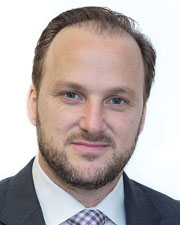


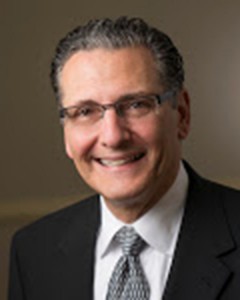
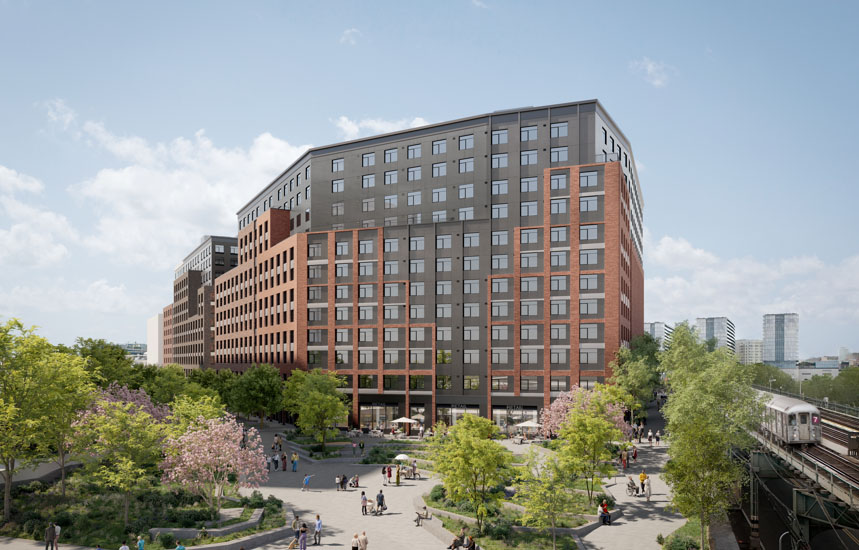
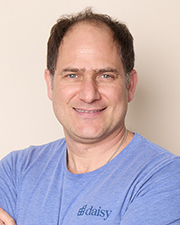
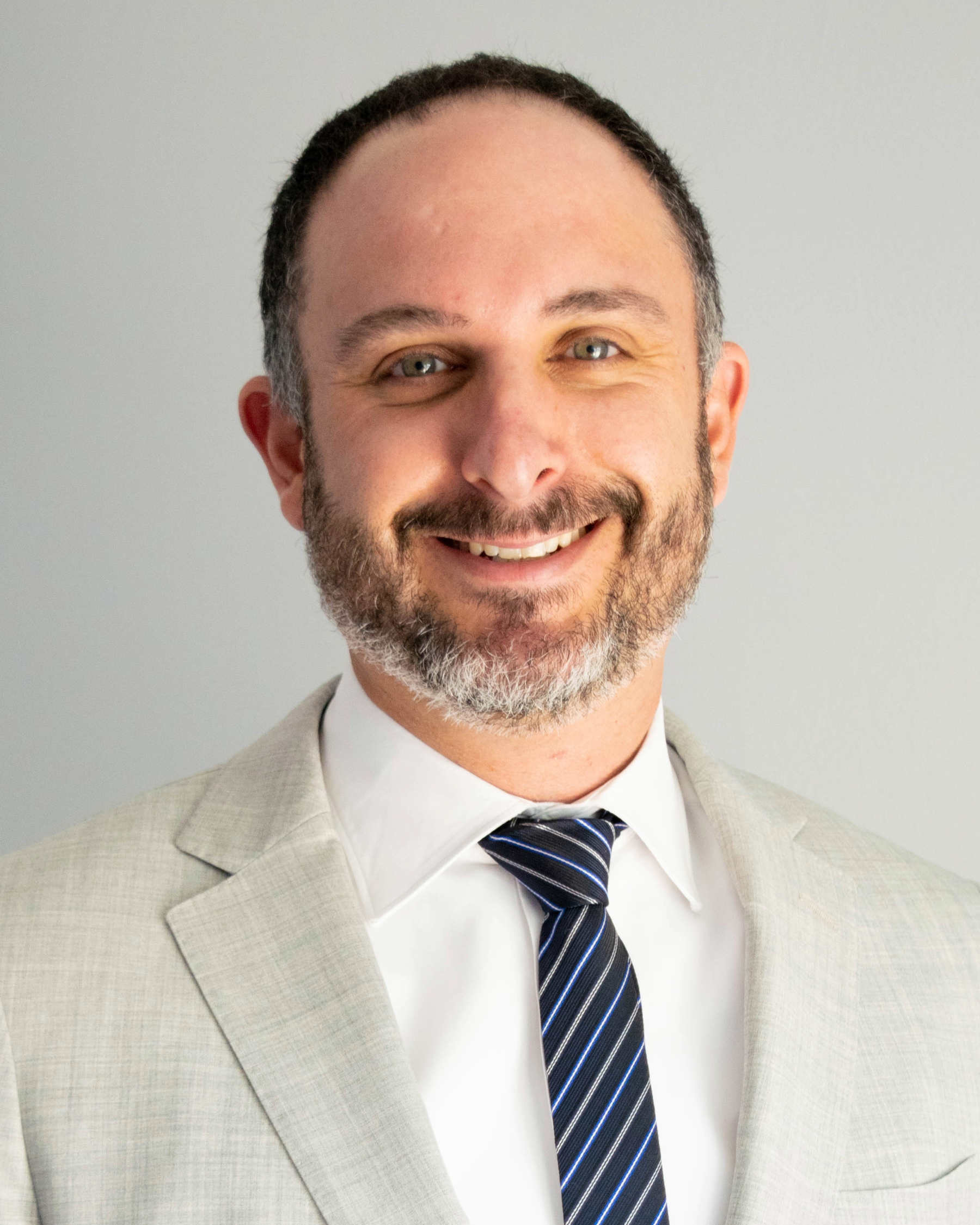
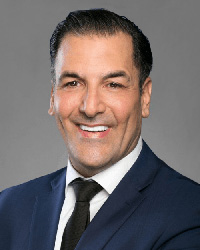
.gif)

.gif)
.jpg)
.gif)